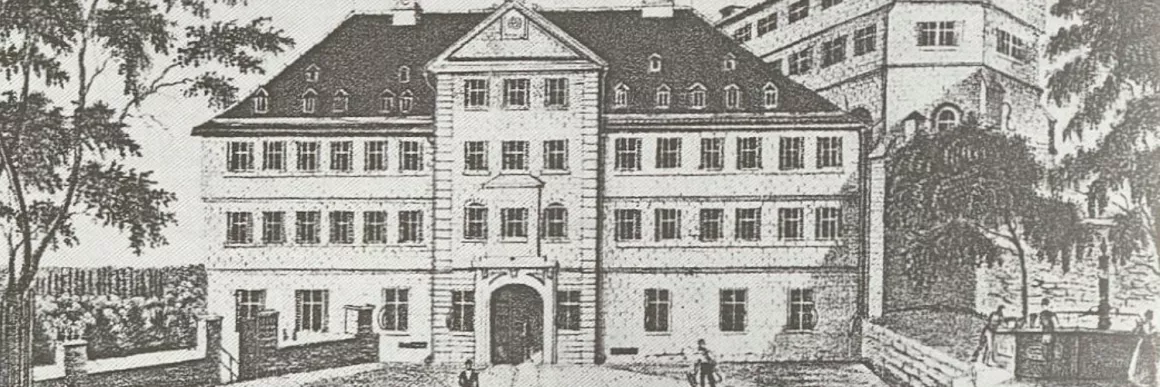Within the study of Romanticism, Schelling has been best known for his unacknowleged contribution to Coleridge's Biographia Literaria. Although this contribution has been copiously documented by later criticism, the dense and philosophic character of Schelling's mode of exposition did not invite serious reading of his work. Indeed, rather than being read, Schelling became, as the Collected Coleridge is ample witness to, a series of footnotes in the study of Romanticism. Being so confined, it is not surprising that Schelling's work has had little presence in the study of Romanticism despite the fact that Schelling ranks as one of the three major figures in the philosophical and aesthetic history of this period. To ignore this history is to ignore the full context from which and within which Romanticism developed. The avoidance of this history is perhaps nowhere more present than when we use the word Romanticism to refer only to British Romanticism. Although the ideological sources of this nationalization still remain largely unrecognized within the criticism of the period, it is not the purpose of this collection of three essays to address this issue. Instead, these essays have focused on Schelling's treatment of a topic that has long been acknowledged as a central aspect of the Romantic period: freedom.

